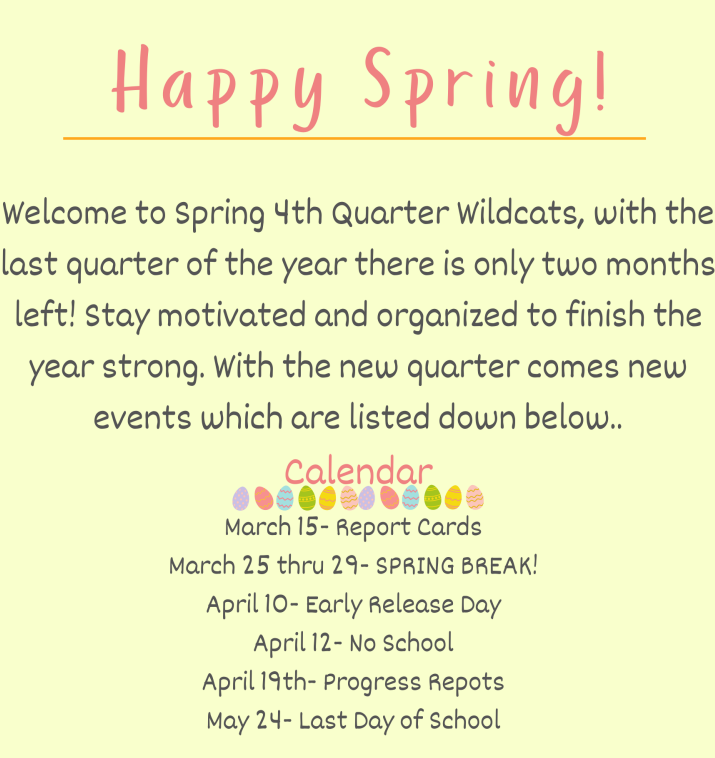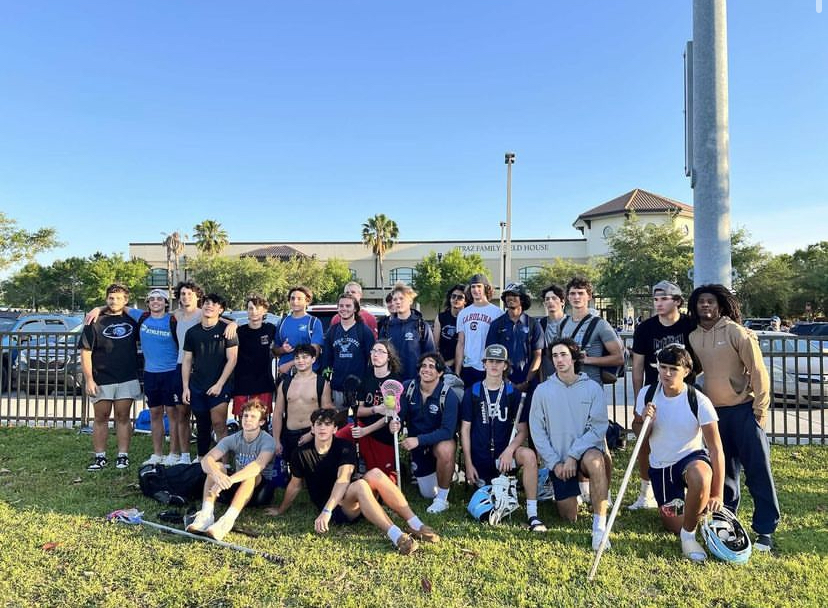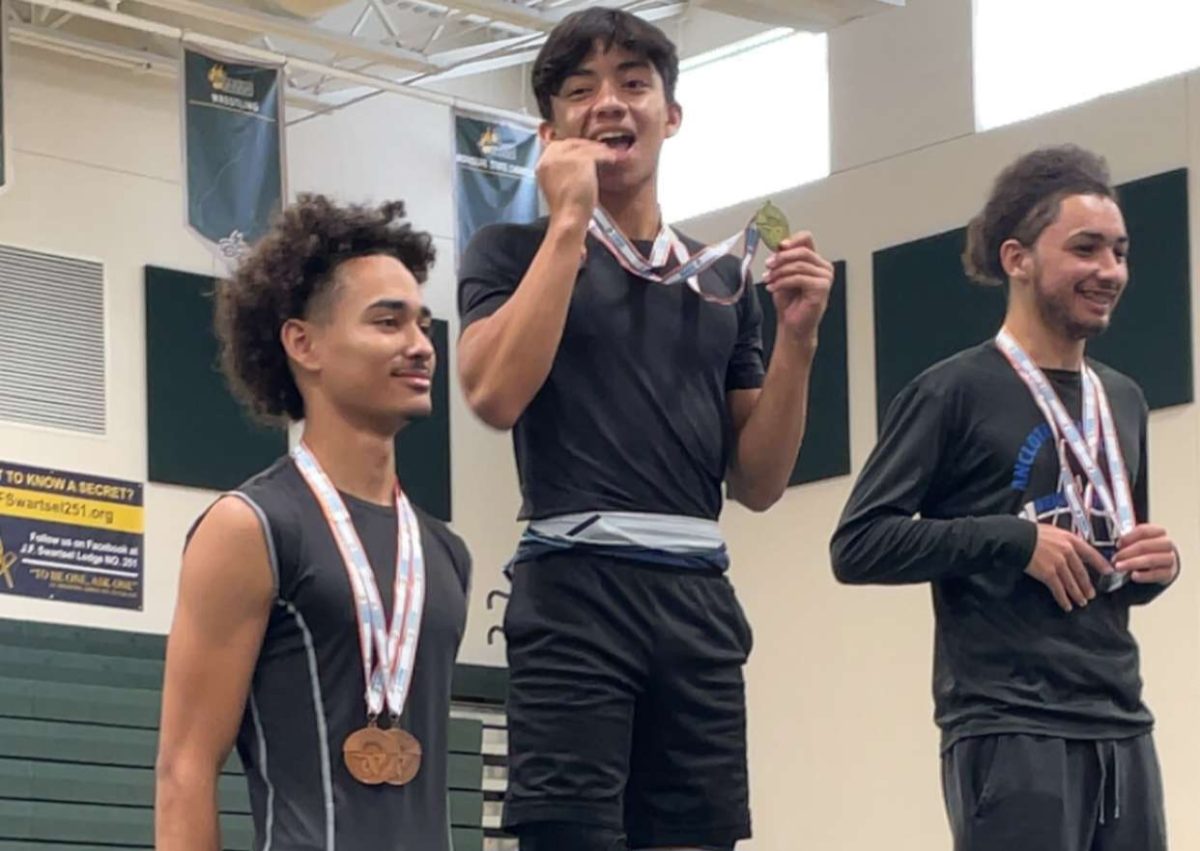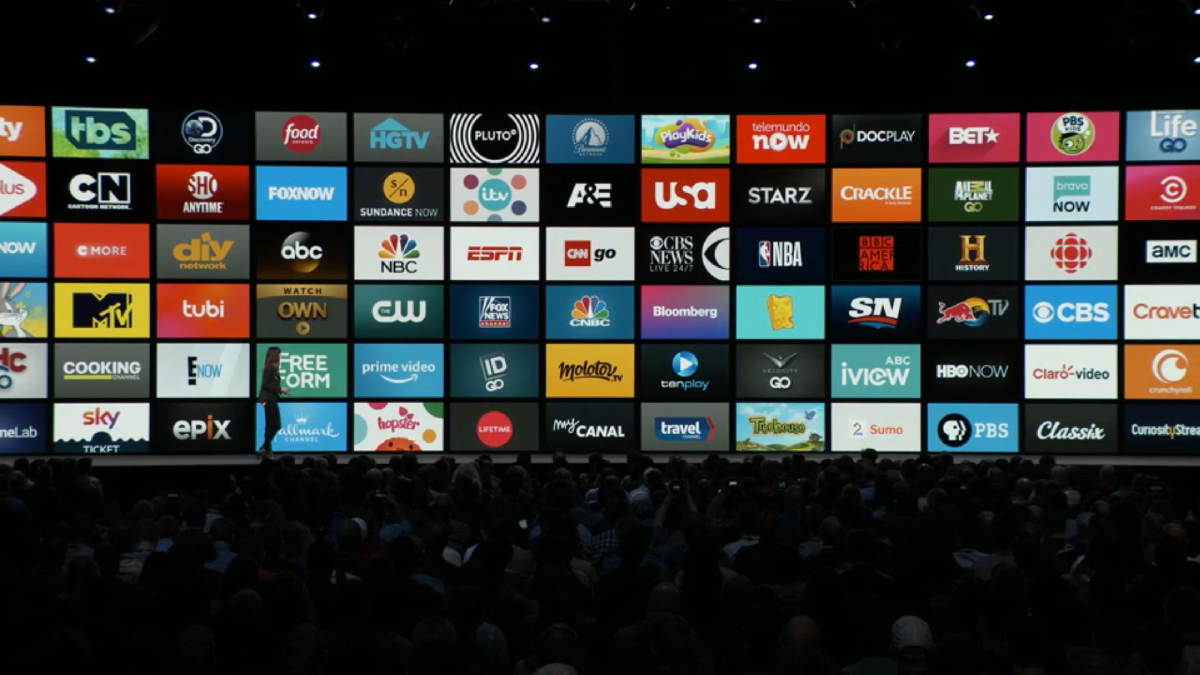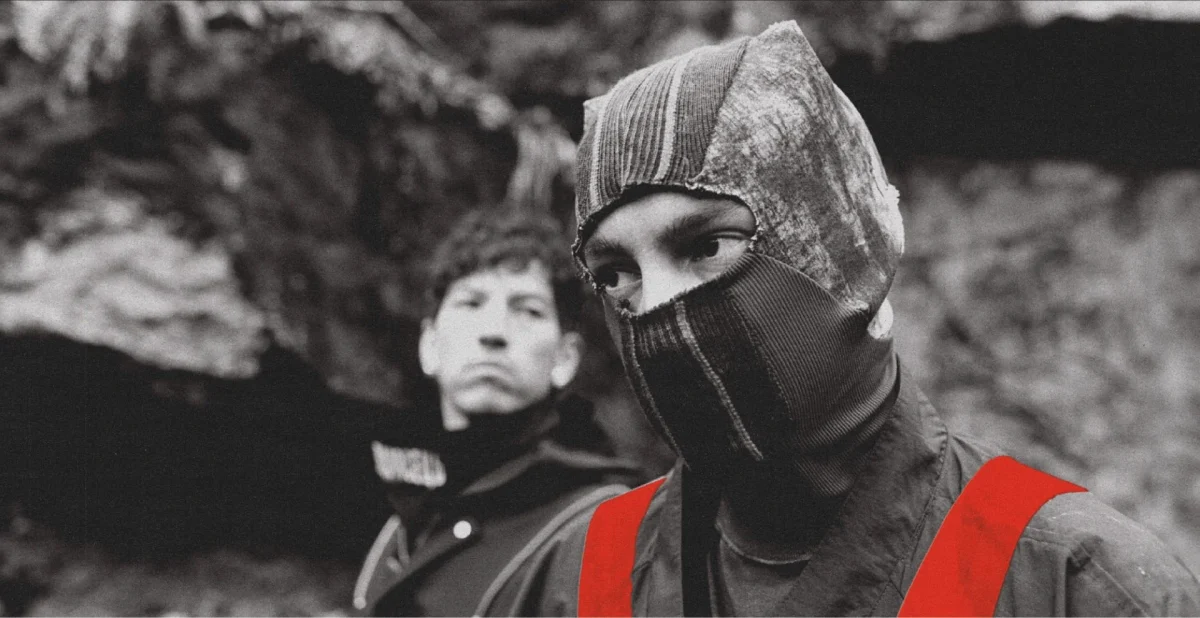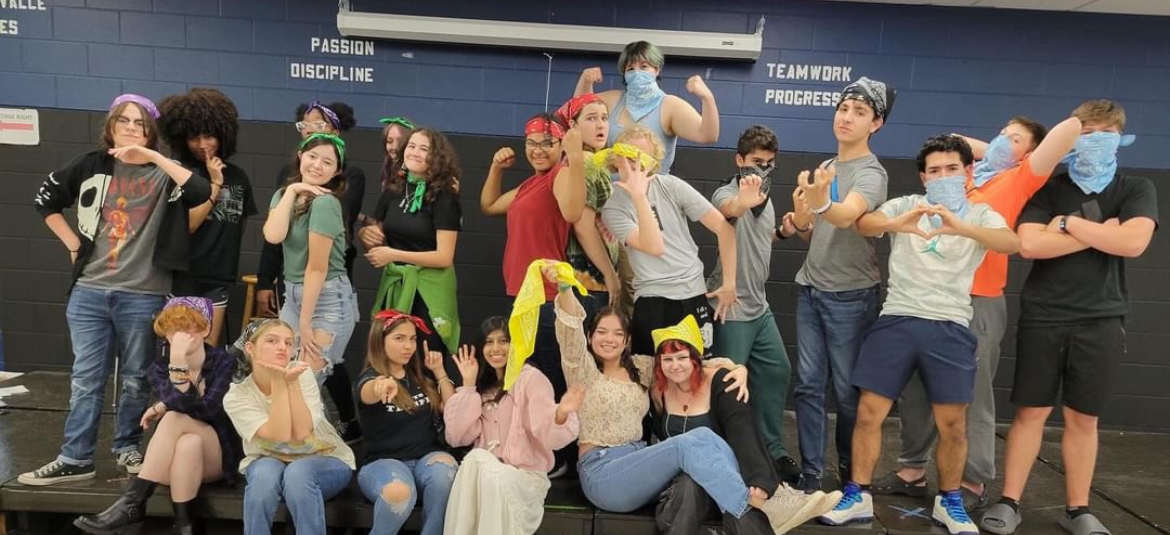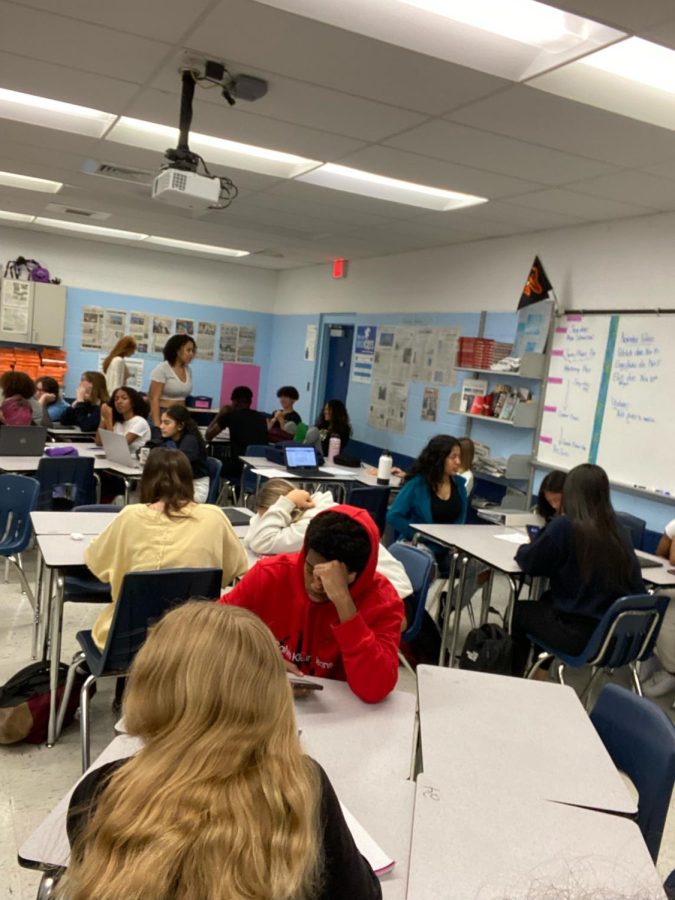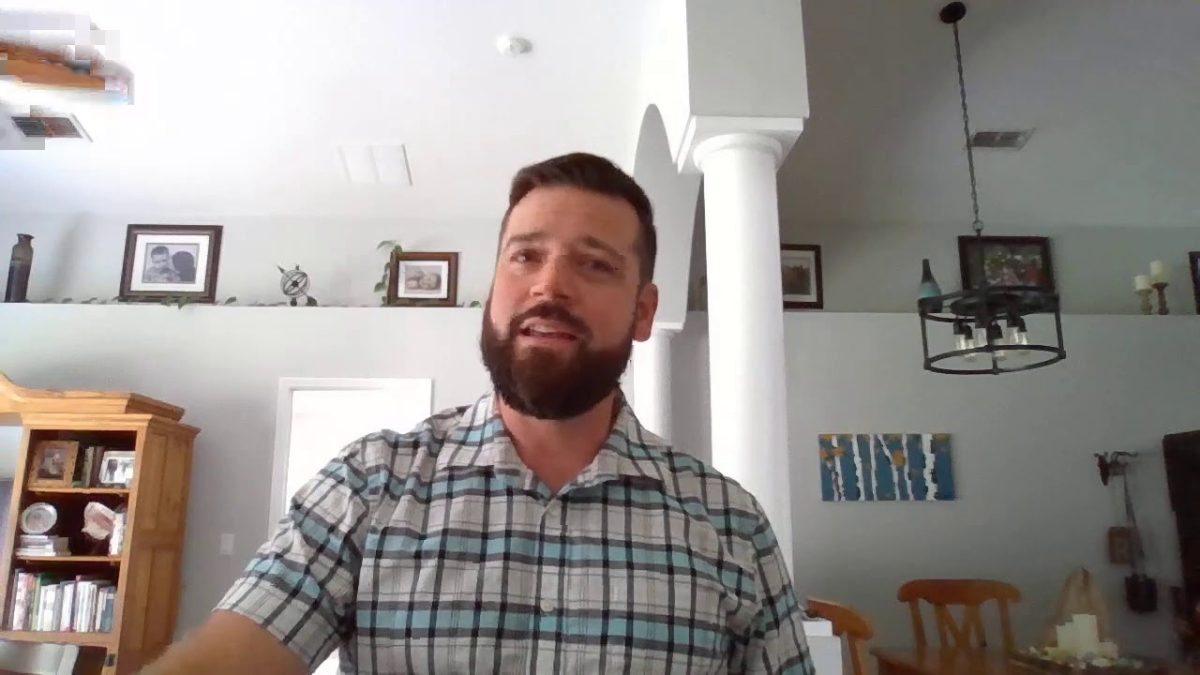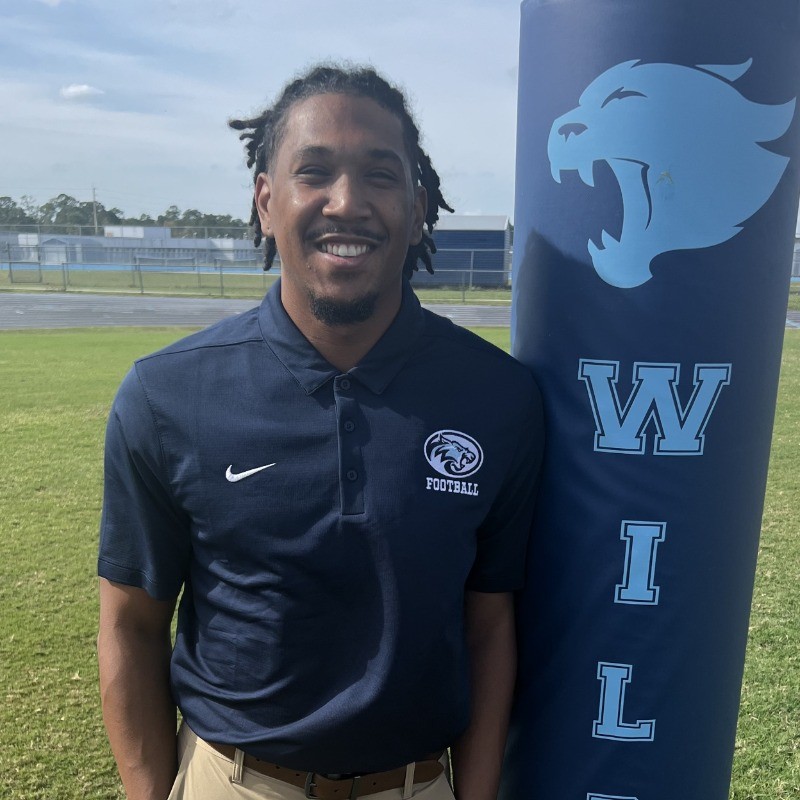How does school brace us for our lives as future members of society and how do our attitudes toward our own education reflect over the way we grow? Students are apt to have their own niches when it comes to school subjects. Some find specific subjects harder to understand than others and vice versa, there are many tidbits that factor into this sense of favoritism. I’ve found that a root cause of this is found in student-teacher compatibility. A student’s understanding of subject material is for the most part dictated by a teacher’s proficiency in their area of expertise and their affinity for teaching.
What were you like as a student?
“I was definitely a slacker. I earned mostly A’s and B’s but I never really applied myself and only did the bare minimum to get good grades. In 7th grade I earned a C in history; ironic, right? Back then, report cards were mailed home instead of how they’re posted online today. I was so mortified by the thought of my mom seeing it that I picked it up before she could get it. Never again. When my mom found out she was so mad I thought she was going to disown me. Other than that incident, I did alright throughout k-12, I was lucky enough to have a really good memory of classroom material and had a pretty strong work ethic so I never really struggled with straightforward classes. I don’t know if I always did all of my homework but I did well enough on tests that my teachers didn’t really care.”
What do you think of the educational system now as opposed to when you were a student?
“High schools give students so many choices in order to paint students an idea of what they are good at, but just because you maybe don’t like a subject doesn’t mean that it’s not valid or good to know and that we should try at all of them equally, and maybe even try harder in the ones that we aren’t so good at. One of the biggest pitfalls I’ve observed in students is that they perform extremely well in subjects that they are interested in but fail to reach that level of proficiency in other classes. I think that the system is set up right now in a way that teachers value high-value tests and grades more than getting students to really retain and be involved with learning rather than memory callback.”
Why did you choose to become a teacher?
“I’ve just always been good at it. In college, I joined a study group full of kids studying philosophy, they had a really hard time understanding different difficult concepts and were wondering how I did so well on all of my assignments. I helped them a lot after that and they told me that I should just become a teacher. I was confused by what I should do with my life at the time but after interacting with that study group it really hammered it in for me. One thing led to another and here I am now.”
Why did you choose to teach history?
“During the latter half of my college days, I found work in marketing. I think that my time spent trying to get people to buy into things really influenced the way I teach my own students. It’s almost like trying to sell them ideas. Teaching history is fun because in a way all I’m really doing is telling a story.”
Being able to learn more about Mr. Raskopfs life and the different kinds of problems teachers face was an interesting and eye-opening experience. It really called the need for students to be more aware about what it takes to command a classroom. Thank you, Mr. Raskopf, for sharing your insights with us.


